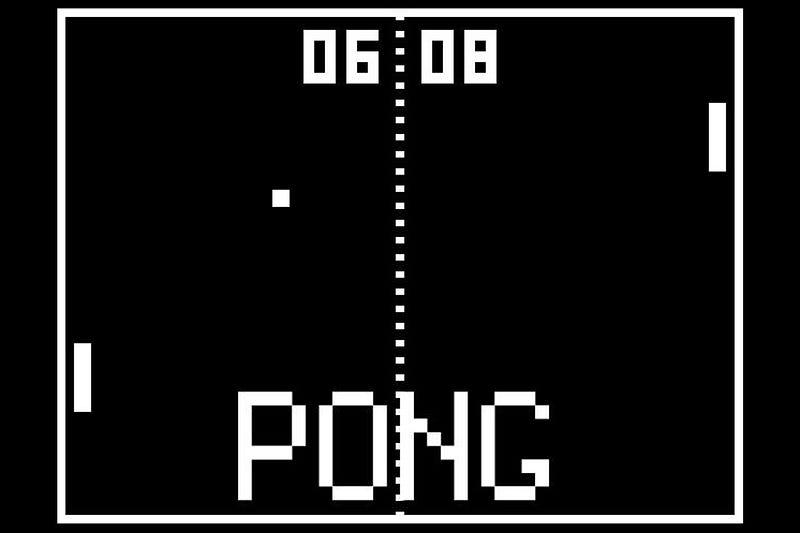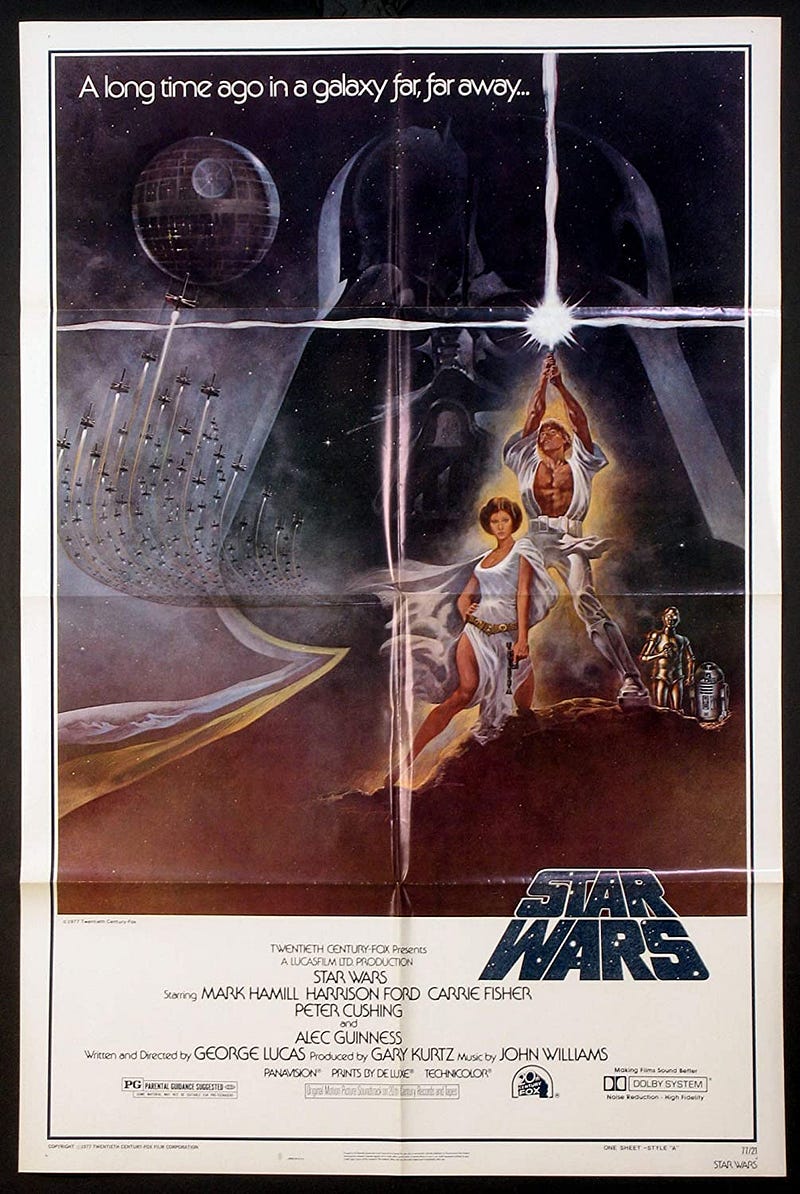The Rise of Cyberia: Navigating Our Virtual Future
Written on
Preface: The Escape from Reality
In today's world, the line between reality and virtual experiences is increasingly blurred. If the current state of affairs feels unappealing, perhaps it's time to reshape your perception of reality—not through substances, but through technology. Everyone has the tools at their disposal. Where do you find yourself in this digital landscape? As creators, we hold the power to redefine our experiences.
What Does Reality Mean Today?
I coined the term "Cyberia" to encapsulate our evolving technological capabilities, reminiscent of the screenplay I began drafting over twenty years ago, which examined the implications of emerging cyber technologies. Though I never completed that project, the essence of my vision materialized in Ernest Cline’s 2011 novel "Ready Player One," which portrays a virtual realm known as the Oasis. The story follows Wade Watts, a VR enthusiast in 2045, on a quest for an Easter egg that grants him the game creator's fortune. The film adaptation by Steven Spielberg in 2018 showcased groundbreaking cinematic technology and featured numerous pop-culture icons.
Incredibly, just two years post-release, the film's concepts now seem eerily plausible.
"Ready Player One" depicts a dystopian future, a reflection of our current lives marred by the Covid-19 pandemic, leaving us uncertain about the future. Recently, I immersed myself in virtual reality games with my nephew, who had used his birthday money to acquire them. For two hours, I felt as though I were inside the Oasis.
Why did I feel this way? The virtual environments were surprisingly similar to the various realms my nephew enjoys in his free time.
Gaming: The Birth of Cyberia
Whether termed "Cyberia" or "Oasis," one could argue that our modern era began with the rise of computers and subsequently video games. The introduction of Atari's Pong in 1972 marked a pivotal moment, bringing video gaming into homes and revolutionizing the industry.

Just five years after the video game boom, "Star Wars" debuted in 1977, paving the way for unprecedented advancements in both entertainment technology and storytelling. Its influence is difficult to convey to those who weren't alive during its release.

The sci-fi classic quickly became a cultural phenomenon, becoming the highest-grossing film of its time (except for "Gone With the Wind," which had sold more tickets). The film not only launched a multimedia franchise but also inspired countless creators to push the limits of technology and narrative.
Exploring New Frontiers
So, what lies ahead? Rumors suggest that James Dean may be making a comeback in films, raising questions about the moral implications of resurrecting deceased actors in cinema. Will we one day engage with these actors in immersive environments reminiscent of the "Star Trek" holodeck?
This concept isn't as far-fetched as it seems. Back in 2014, scientists at the Max Planck Institute for Biological Cybernetics crafted a "holodeck" using a wireless Oculus Rift, showcasing the rapid advancements in virtual reality technology.
Post-Script: The Future of Tech
In a world grappling with a pandemic, artists are reimagining our lifestyles while looking toward an uncertain future. As researchers race to develop a Covid-19 vaccine, many of us are experiencing a longing for escape. The cycle continues:
Reality is shaped by our perspective. If you find your situation unsatisfactory, take charge of your reality—not through substances, but through technology. We all have the capacity to create. Where do you fit into this narrative?
Thank you for joining me in this exploration.